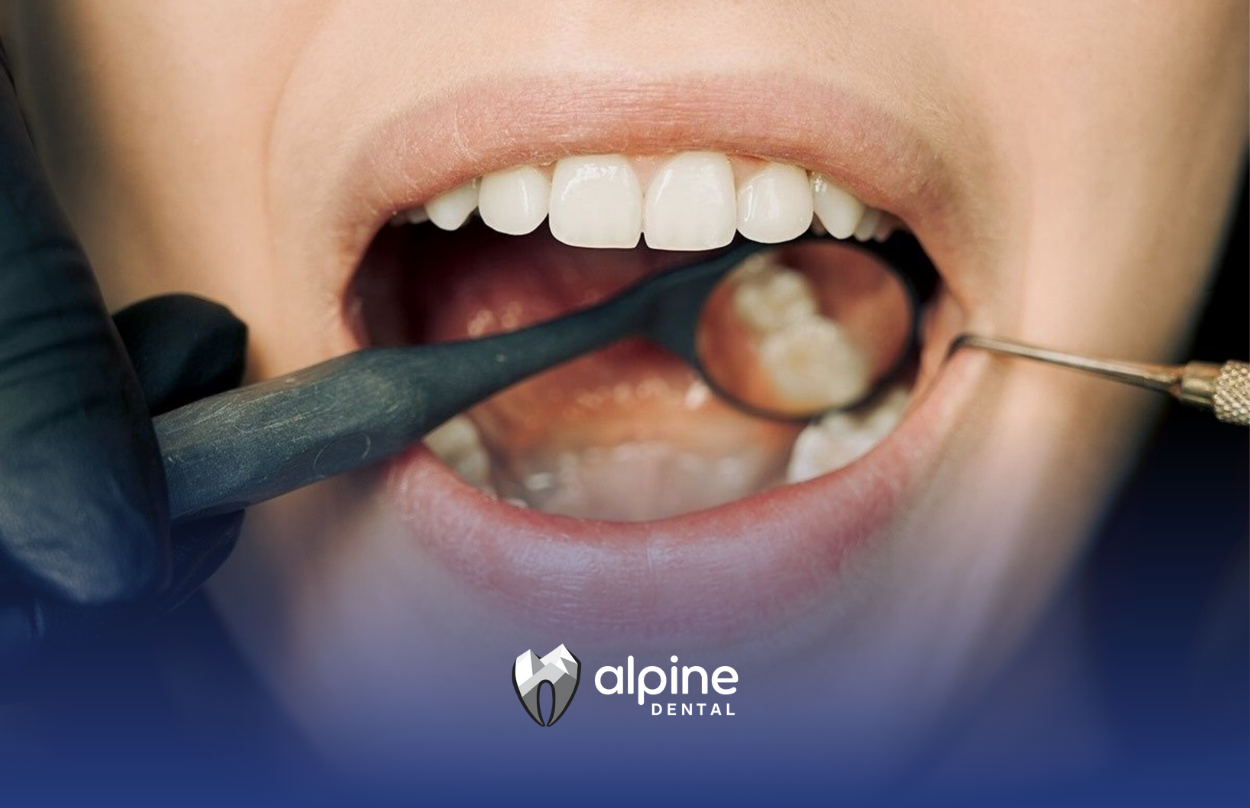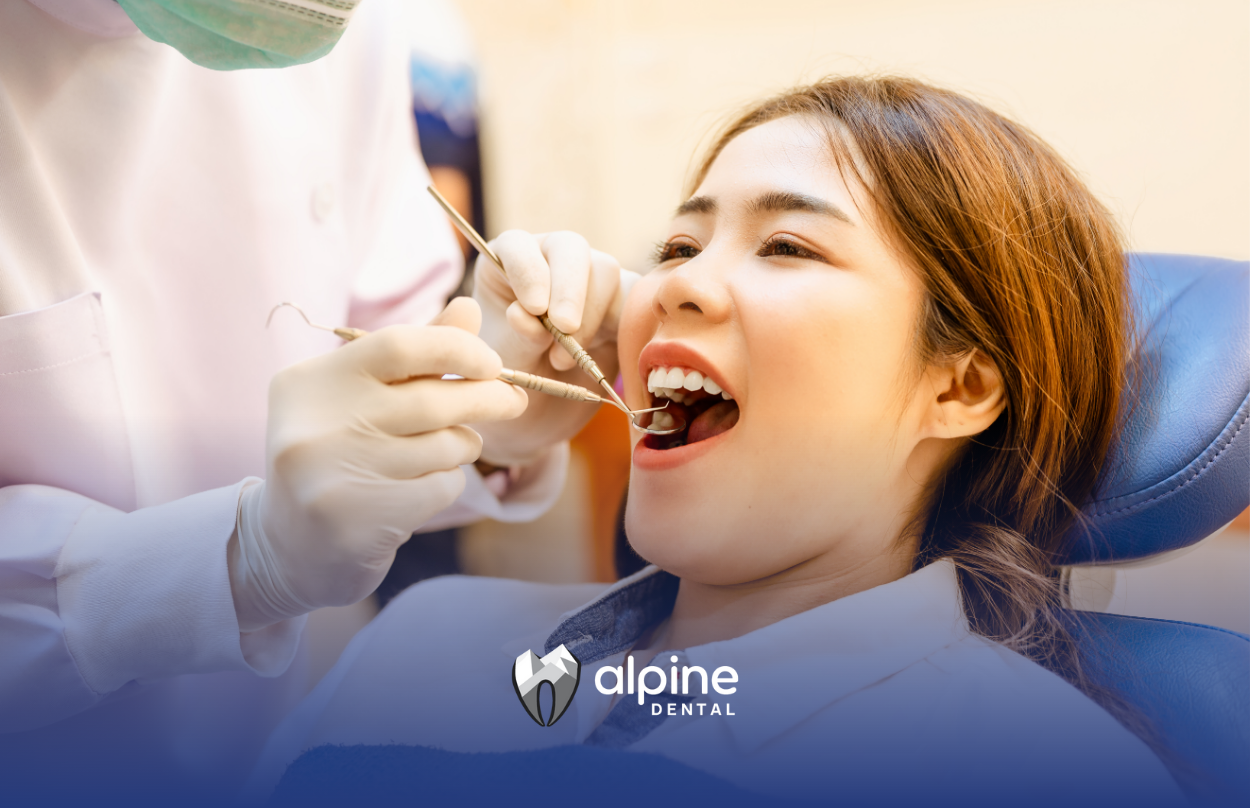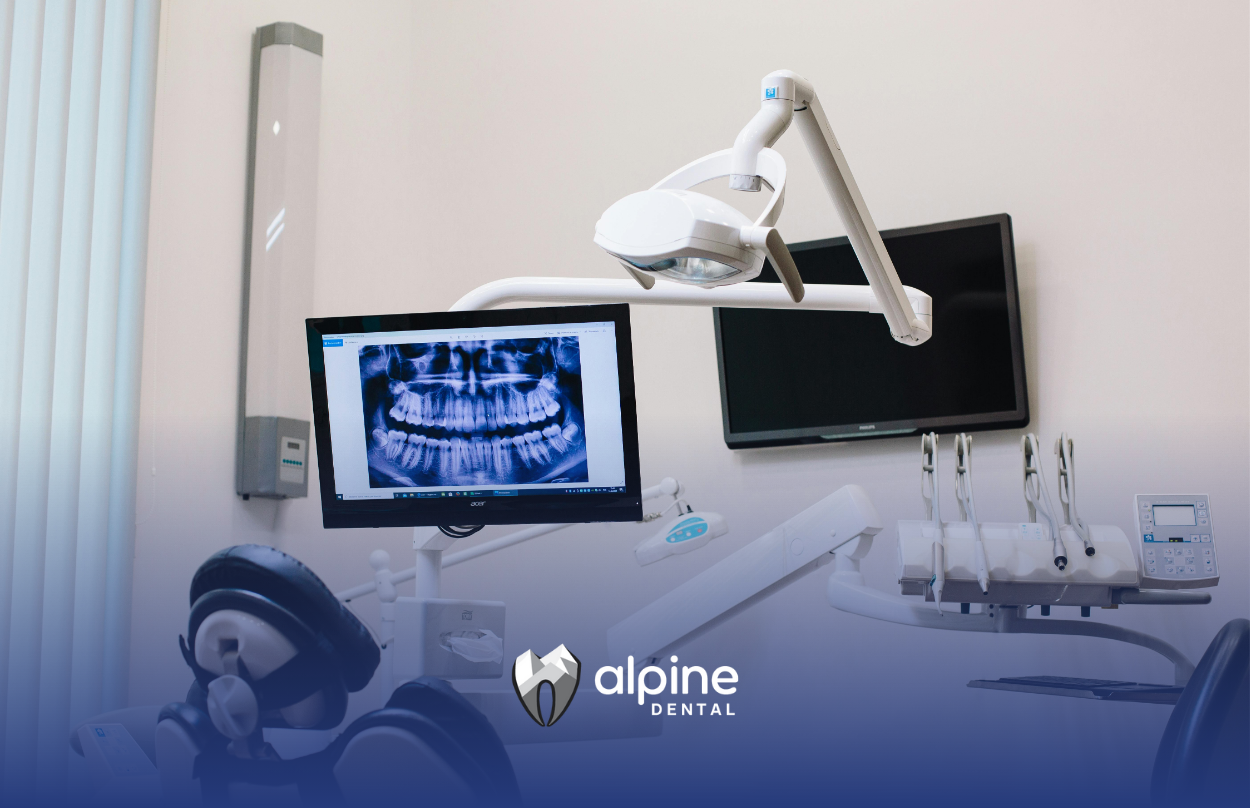How to Counter Dry Mouth from Propylene Glycol? Explained
Dry mouth is an uncomfortable condition that can impact oral health, especially when triggered by ingredients like propylene glycol. This compound, commonly used in medications, e-liquids, and food products, has drying properties that reduce saliva flow. Saliva is essential for neutralizing acids, washing away food particles, and protecting against bacteria. Without it, teeth and gums become more vulnerable to cavities, infections, and irritation.
If you experience dry mouth from propylene glycol, there are effective ways to manage it. Staying hydrated by drinking water throughout the day is the first step. Chewing sugar-free gum or sucking on xylitol mints can stimulate saliva production naturally. Using a humidifier at night may also help prevent dryness while you sleep. Additionally, limiting caffeine and alcohol—both of which can worsen dry mouth—can make a noticeable difference.
Dentists may recommend saliva substitutes, fluoride rinses, or prescription treatments if dryness persists.
At Alpine Dental, we understand how dry mouth affects both comfort and oral health. Our team can provide personalized solutions to protect your teeth and gums, ensuring your smile stays strong and healthy.
Frequently Asked Questions
Why does propylene glycol cause dry mouth?
Propylene glycol, often found in medications, vaping products, and processed foods, can draw moisture away from oral tissues, leading to dryness.
Q: Is dry mouth harmful to dental health?
Yes, persistent dry mouth can increase the risk of tooth decay, gum disease, and bad breath because saliva protects teeth and gums.
How can I relieve dry mouth naturally?
Drinking water frequently, chewing sugar-free gum, and avoiding alcohol or caffeine can help keep the mouth hydrated.




